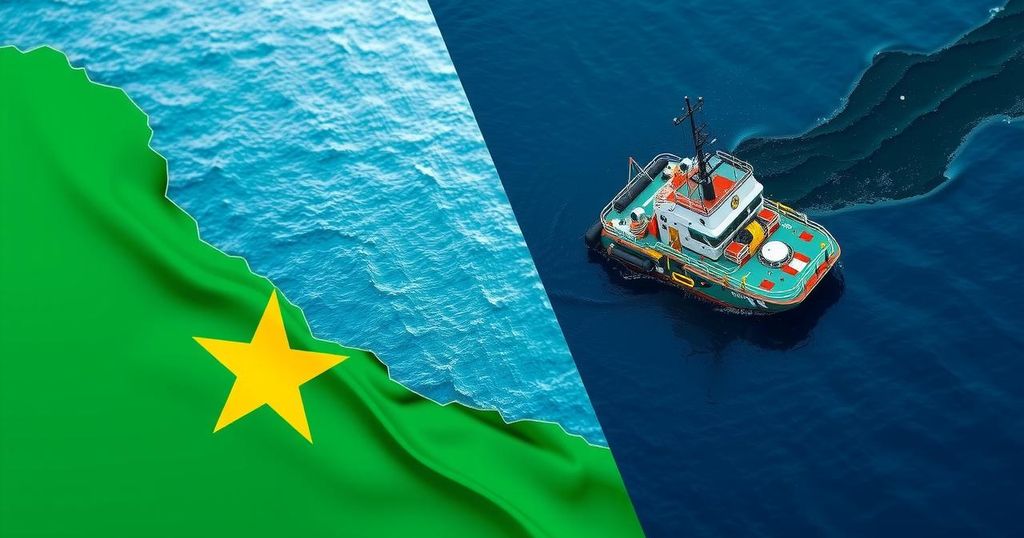Abdirahman Mohamed Abdullahi, alias Irro, will review the controversial Sea Access MoU between Ethiopia and Somaliland after taking office on December 13. The MoU has provoked severe tensions in the Horn of Africa, with Somalia objecting to Ethiopia’s annexation aspirations linked to the agreement. While Irro supports the MoU, its details are yet to be disclosed, and Somalia continues to challenge the legitimacy of the deal.
HARGEISA, Somalia – The impending administration of Abdirahman Mohamed Abdullahi, known as Irro, may herald a review of the contentious Sea Access Memorandum of Understanding (MoU) between Ethiopia and Somaliland. Although signed nearly a year ago, details of the agreement have largely remained undisclosed, stoking tensions in the Horn of Africa. Somalia has accused Ethiopia of intentions to annex parts of its territory, suggesting the agreement could ignite military confrontations. In exchange for recognizing Somaliland’s sovereignty, Ethiopia would gain access to 20 kilometers of the Red Sea despite Somaliland still being acknowledged as part of the Federal Republic of Somalia.
With the recent shift in leadership in Somaliland, the MoU now faces significant scrutiny. Irro, who has expressed his intention to advance the agreement as a measure to bolster Somaliland’s chances of international acknowledgment, has yet to delve into its specifics. During discussions with the outgoing President Muse Bihi, he reaffirmed his commitment to prioritizing the agreement upon his assumption of office, scheduled for December 13th. Ethiopia has described the deal as a transformative economic opportunity, though Somalia reacted by expelling Ethiopian diplomat Ali Mohamed Adan over allegations of inappropriate conduct.
Somalia’s government, supported by regional allies such as Egypt and Eritrea, has branded the MoU a severe infringement on its territorial sovereignty. During recent events, Somali Ambassador to Tanzania, Ilyas Ali Hassan, reiterated Mogadishu’s position, condemning the agreement as “a reckless violation of Somalia’s territorial integrity.” Efforts by Turkey to mediate the dispute have yielded minimal progress, with Somalia insisting that Ethiopia must rescind the agreement before any substantive dialogue can take place. Irro’s accession follows the leadership of Muse Bihi Abdi, who held office since 2017 and faced electoral defeat in November 2024.
The Sea Access MoU represents a high-stakes agreement that could significantly alter the geopolitical landscape in the Horn of Africa. The deal proposes to grant Ethiopia a strategic foothold to access the Red Sea, a move perceived as a bid by Ethiopia to extend its influence in a region where territorial disputes are rife. The framework under which this agreement was established has been met with skepticism and resistance, particularly from the Somali government, which fears territorial encroachment and a challenge to its sovereignty. The international implications of this agreement have attracted attention from various nations that have vested interests in the region, underscoring the delicate balance of power in the Horn of Africa.
In conclusion, the Sea Access MoU between Ethiopia and Somaliland emerges as a pivotal matter under scrutiny by the incoming leadership of Somaliland. If Irro’s administration chooses to uphold the agreement, it could consequently redraw lines of influence and authority in the region, igniting further tension with Somalia. The related diplomatic actions and reactions suggest a complicated future for all involved parties, primarily revolving around issues of sovereignty and regional stability.
Original Source: www.garoweonline.com






